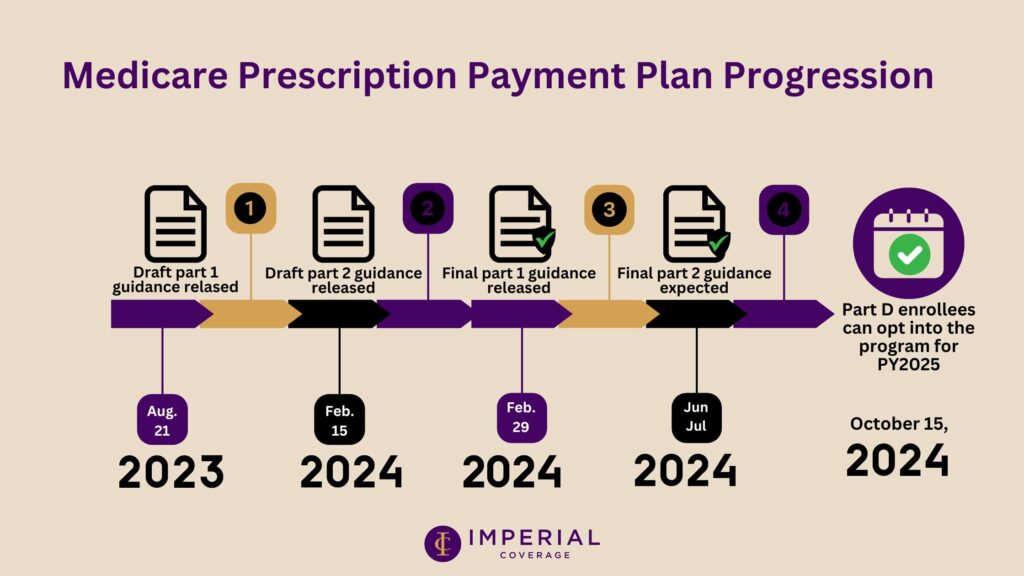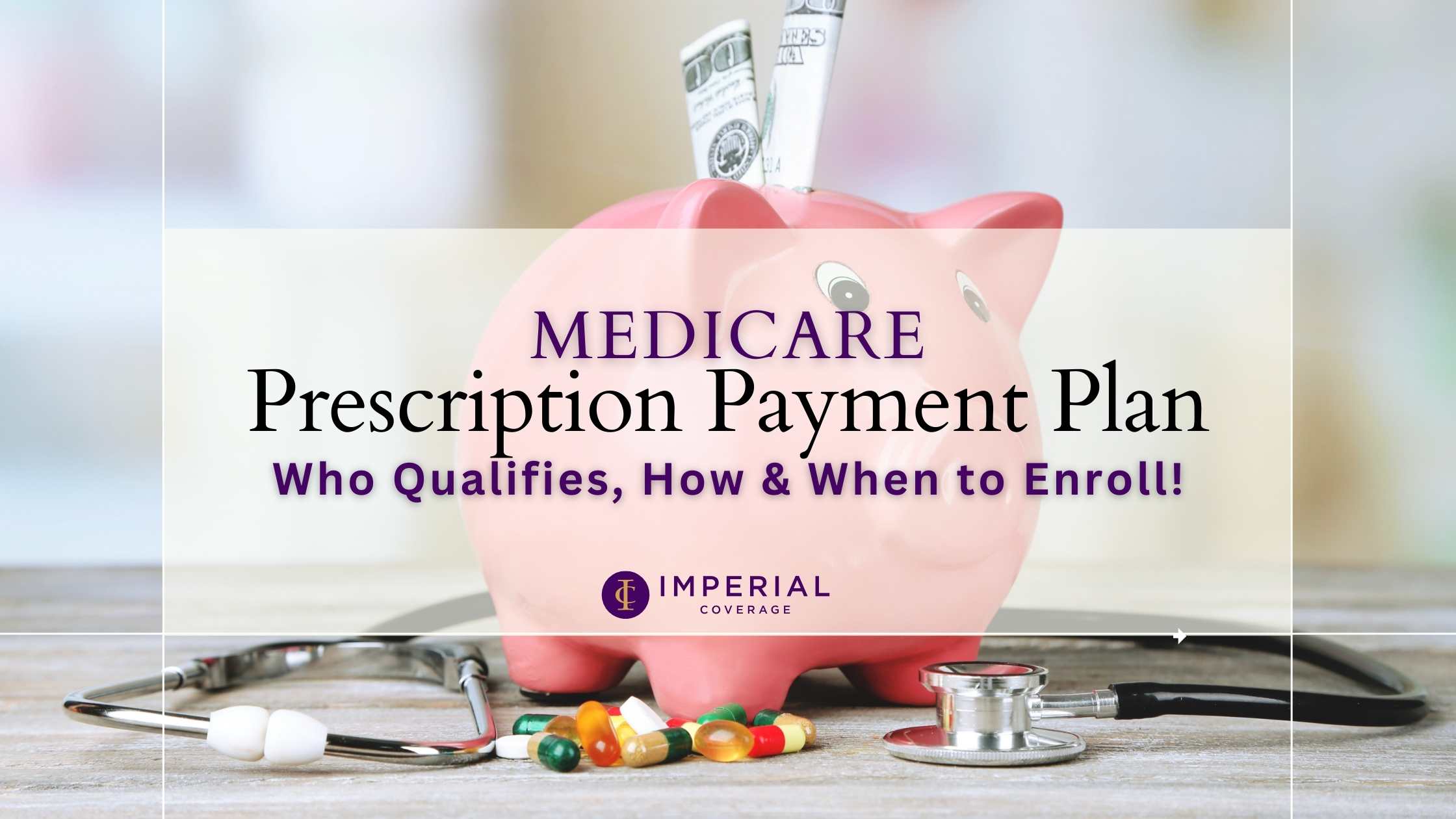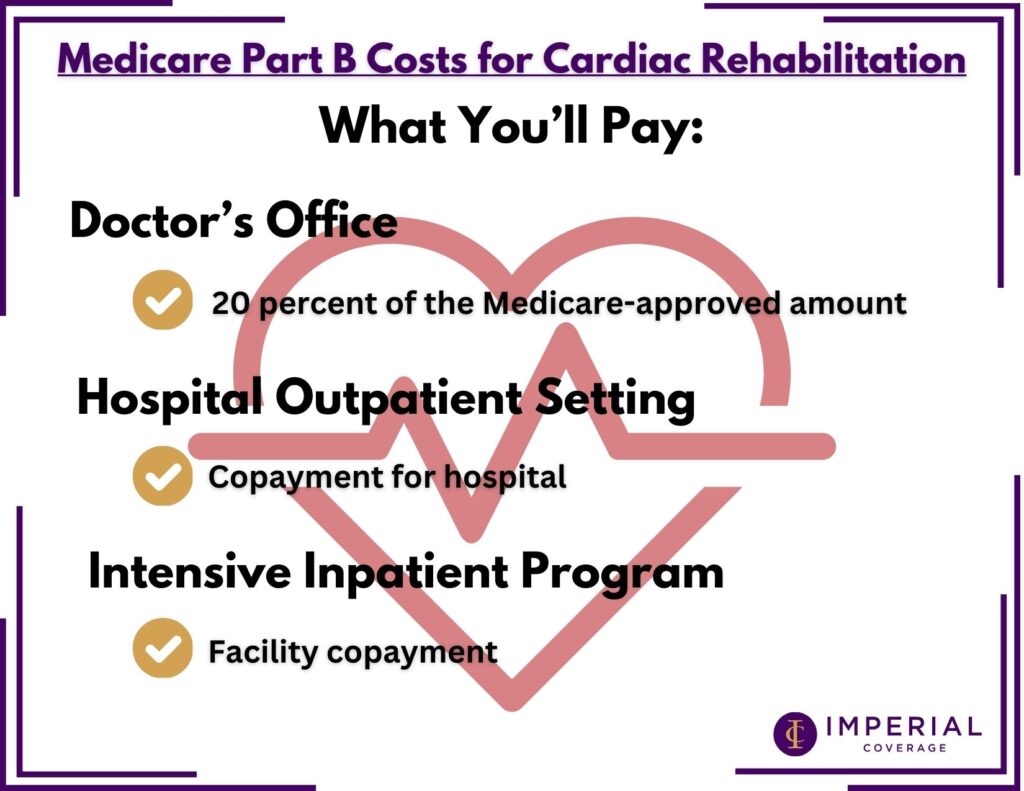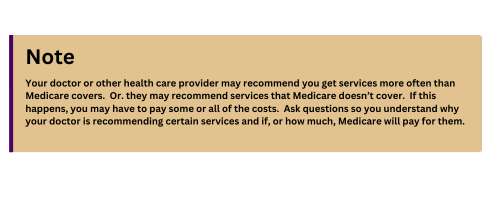Get ready for a game-changer in managing your healthcare costs! Starting January 1, 2025, Medicare Part D is rolling out an exciting new program under the Inflation Reduction Act. The Medicare Prescription Payment Plan will revolutionize how you pay for your prescription drugs by allowing you to spread out your out-of-pocket costs over the year.
What’s in Store for You:
- Monthly Payment Magic: Say goodbye to unpredictable costs! All Medicare Part D plans will now offer capped monthly payments for prescription drugs, making it easier than ever to budget and manage your healthcare expenses.
- Who’s In?: If you’re enrolled in Medicare Part D, including those receiving Extra Help, you’re eligible to benefit from this groundbreaking payment plan. Those with higher cost-sharing, especially for brand-name or non-preferred drugs, will find this program particularly helpful.
- Opting In Is a Breeze: During the Annual Enrollment Period (AEP) starting in October 2024, you can opt into this program as you enroll or renew your Part D coverage. Already enrolled? No worries! You can jump on board at any time during the plan year by reaching out to your Part D sponsor.

Key Features to Remember:
- This program doesn’t reduce your total prescription drug costs but makes them way more manageable.
- Your Part D sponsor is committed to processing your election requests promptly.
- If you’ve been hit hard with high cost-sharing early in the year, this program could be a game-changer for your budget.
As you prepare for the upcoming changes, it’s important to stay informed and make decisions that align with your healthcare needs and budget. Consider discussing this new payment plan with your Medicare Broker to see how it fits into your overall healthcare strategy. With the Medicare Prescription Payment Plan, managing your prescription drug costs has never been easier.
To learn more, or get assistance in enrolling to this new program, contact our customer support services today.
To learn more, or get enrollment assistance, please contact our office today at (631) 476-4015.












